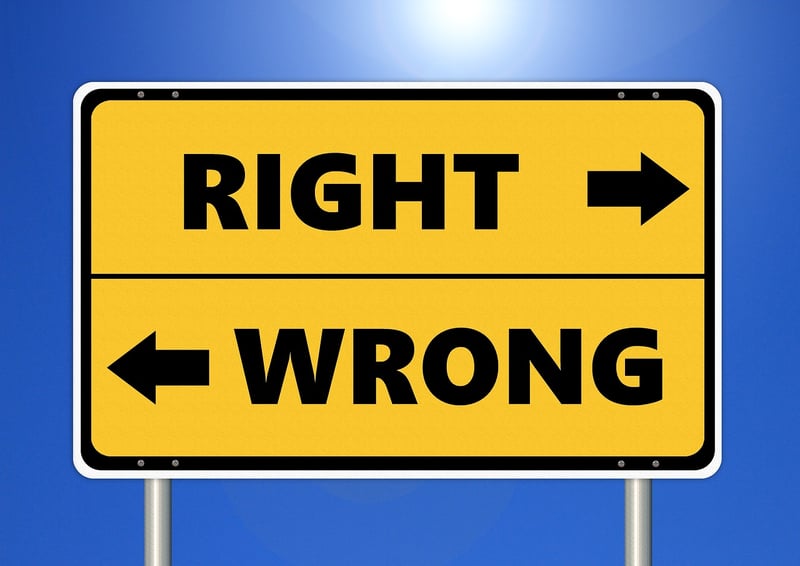Moral Paradoxes
The Intriguing World of Moral and Philosophical Aspects
Exploring the realms of moral and philosophical aspects is like embarking on a journey through the complexities of human thought and behavior. Delving into these topics can lead us to ponder the very essence of our existence, our values, and our interactions with the world around us. One fascinating aspect of this exploration is encountering moral paradoxes, which challenge our beliefs and perceptions in unexpected ways.
Understanding Moral Paradoxes
Moral paradoxes are situations or scenarios that defy conventional moral reasoning, often presenting conflicting ethical principles or outcomes. These paradoxes force us to confront the limitations of our moral frameworks and consider alternative perspectives that may not align with our initial intuitions.
Examples of Moral Paradoxes
One classic moral paradox is the trolley problem, where individuals must choose between actively causing harm to one person or allowing harm to come to multiple people. The ethical dilemma lies in deciding the lesser of two evils, leading to profound reflections on the nature of moral responsibility and the value of human life.
Another thought-provoking paradox is the paradox of hedonism, which questions whether the pursuit of happiness as the ultimate goal leads to genuine fulfillment or emptiness. This philosophical quandary challenges us to reevaluate our understanding of pleasure, purpose, and the complexities of human desires.
The Significance of Moral and Philosophical Reflection
Engaging with moral and philosophical aspects is not merely an intellectual exercise; it is a profound journey of self-discovery and ethical inquiry. By grappling with moral paradoxes and philosophical conundrums, we cultivate critical thinking skills, empathy, and a deeper understanding of the diverse perspectives that shape our world.
Embracing Complexity and Uncertainty
While moral paradoxes may not offer clear-cut solutions, they invite us to embrace the inherent complexity and uncertainty of ethical decision-making. By navigating these intricate dilemmas with an open mind and a willingness to explore beyond conventional boundaries, we expand our capacity for ethical reasoning and moral growth.
Conclusion
Exploring moral and philosophical aspects, including moral paradoxes, enriches our intellectual and ethical landscape, challenging us to question assumptions, broaden our perspectives, and deepen our engagement with the world. Embracing the complexities of moral reasoning opens doors to new insights and transformative possibilities, inviting us to embark on a continuous quest for wisdom and ethical understanding.

